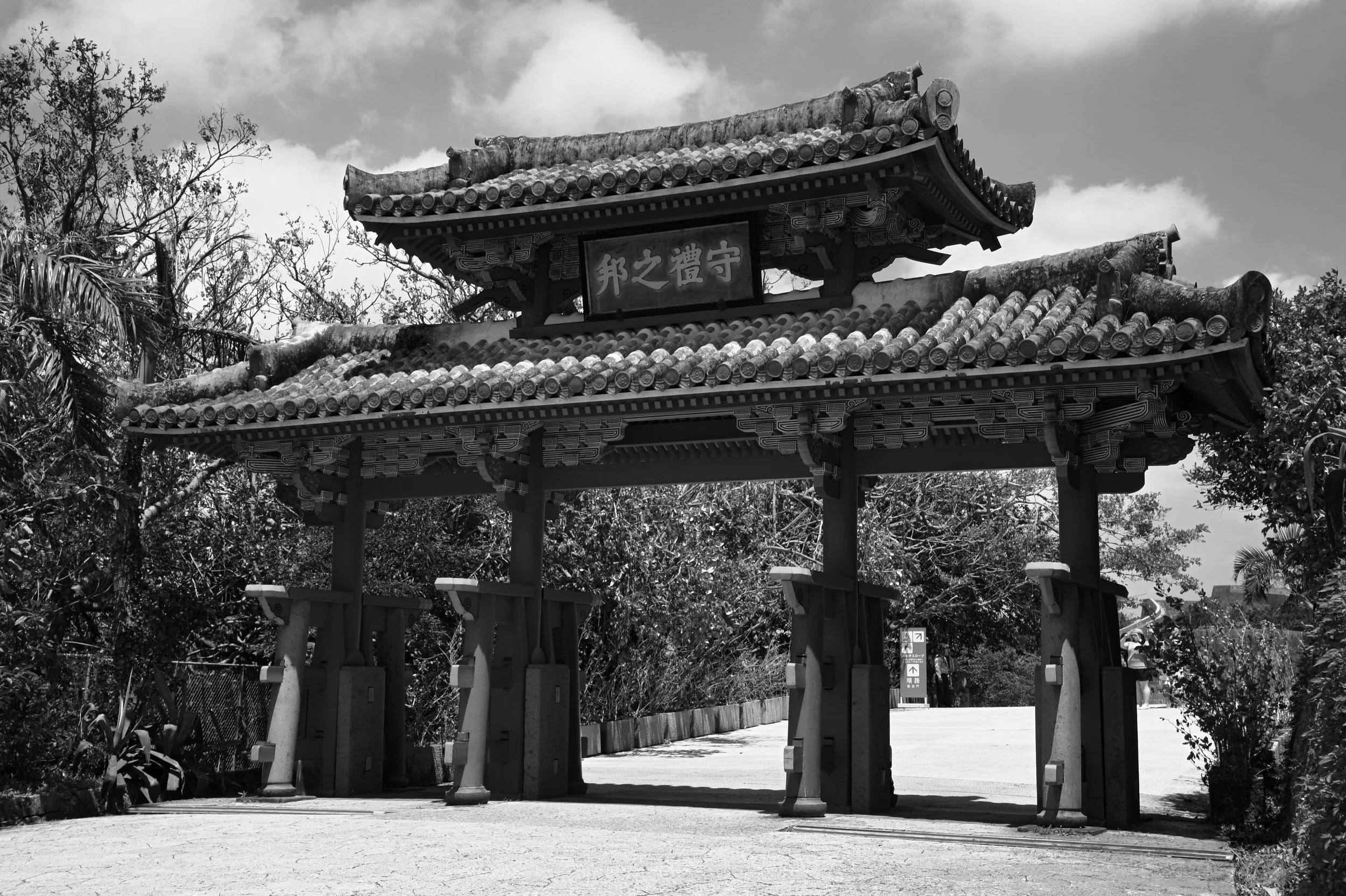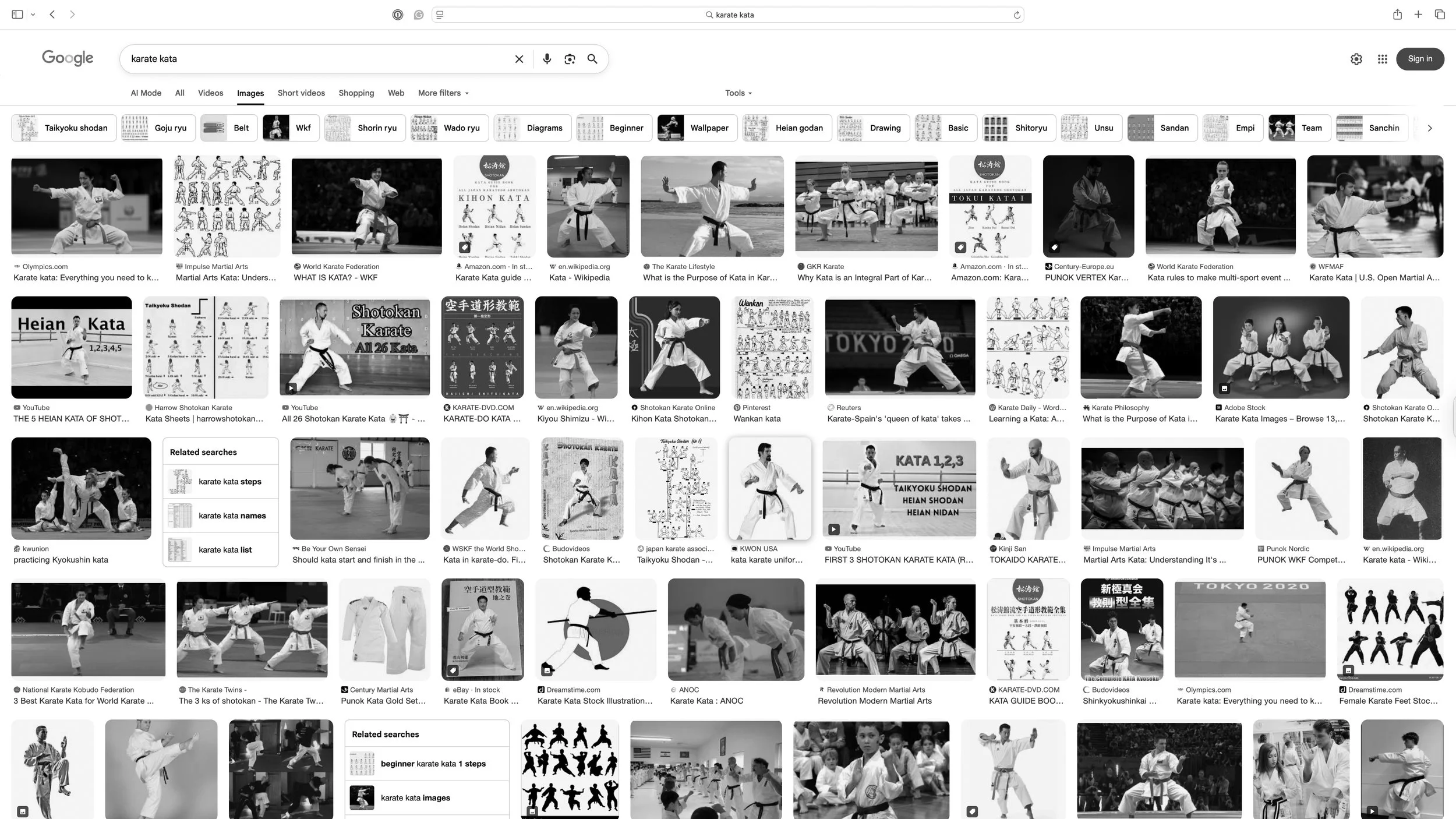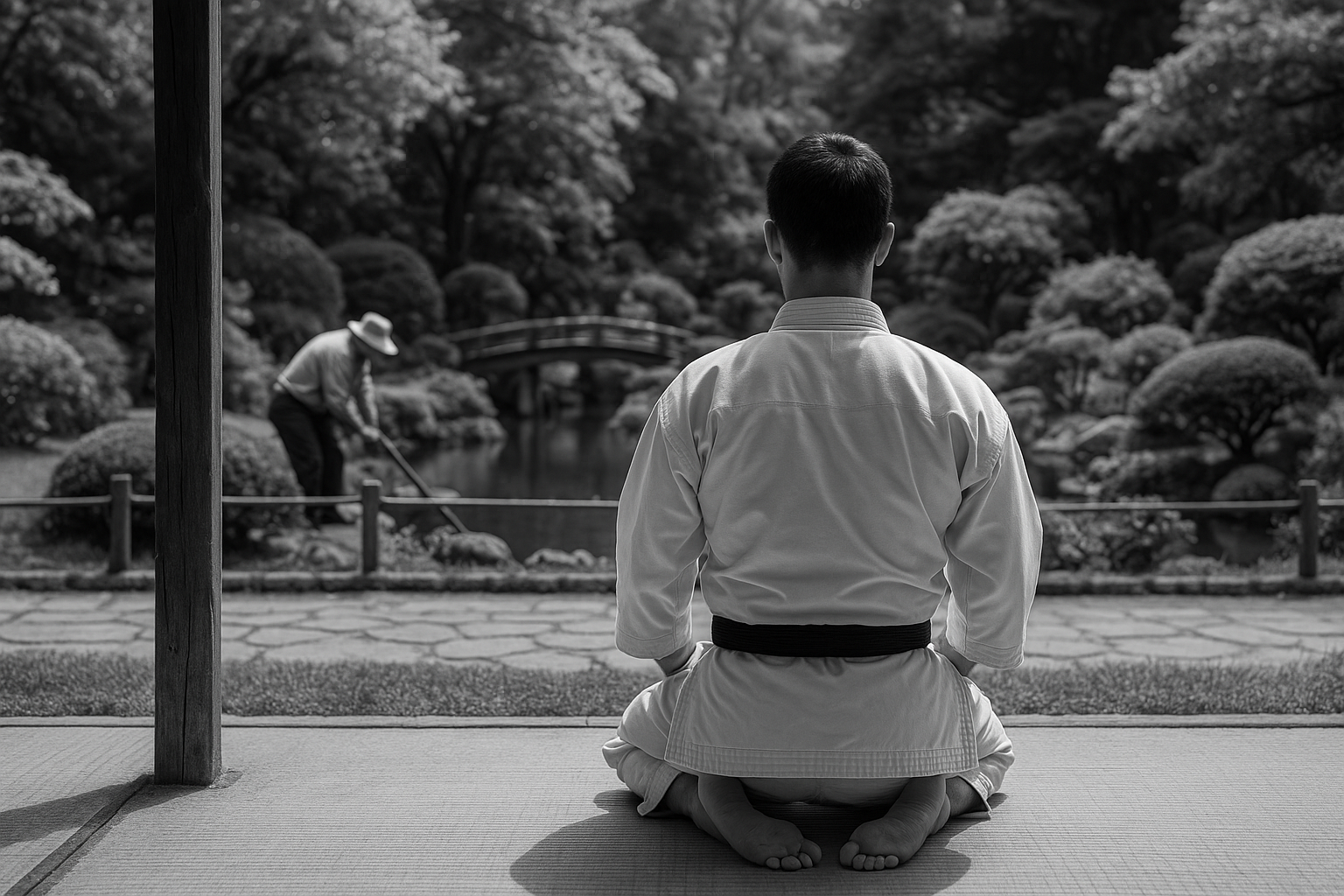
Notes from The Workshop
Essays, Insights & Reflections on the Art & Practice of Authentic Okinawan Karate & Kobujutsu

011 — The Okinawan Spirit of Not Losing, Part 1: An Introduction
In Authentic Okinawan Karate, the goal was never to win—but to avoid defeat in every sense: physically, morally, and socially. This article, the first in a series, delves into the deeper cultural philosophy behind “not losing,” a quiet strength grounded in restraint, survival, and dignity. It sets the stage for stories of Okinawan masters who lived this principle not in theory, but in action.

010 — Rethinking ‘Ura Kata’: A Rebuttal in Defense of Authentic Karate
Is kata in Karate a collection of mistakes—or a proven method of self-defense? A recent article argues that kata is not a record of effective technique, but a catalog of flaws to be exploited—a notion it calls “Ura Kata.” While the idea is provocative, it misunderstands the nature and purpose of Authentic Karate. This response defends kata as a living, dynamic curriculum—imperfect, yes, but profoundly practical and enduring. The problem isn’t with kata—it’s with how it’s been misunderstood and misapplied.

009 — Paper Tigers: Distinguishing Substance from Shams
A black belt can represent years of discipline, effort, and training—or not. The difference lies in the journey. In authentic karate, there are no shortcuts. No titles, just training.

008 — Beneath the Belt: Karate and the Meaning of Rank
Belts and ranks are everywhere in modern karate—but where did they come from, and what do they really mean? In this article I explore the surprising origins of the ranking system, its benefits and pitfalls, and why true progress in karate is measured not by what’s around your waist—but by who you become.

007 — A Warrior in the Garden: True Pacifism, the Power of Choice, and the Monster Within
True pacifism is not weakness—it’s strength under control. In this essay, I explore what it really means to choose peace, drawing on martial wisdom, a powerful Japanese proverb, and Jordan Peterson’s provocative insight: "Be a monster—and learn to control it."
“No matter how you may excel in the art of Te, and in your scholastic endeavors, nothing is more important than your behavior and your humanity as observed in daily life.”
— Tei Junsoku (1663-1734)

